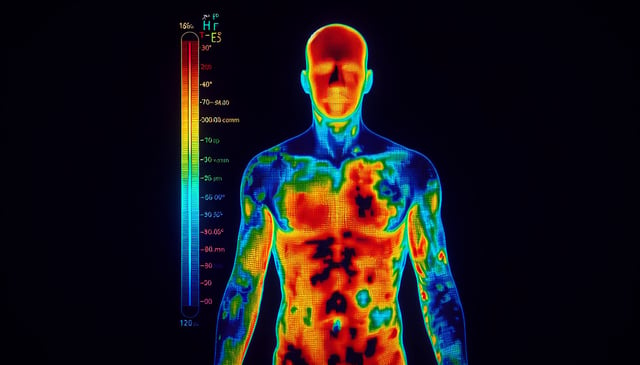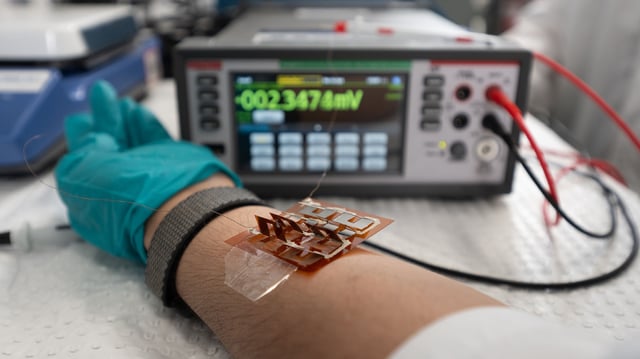Overview
- The film, created by a Queensland University of Technology-led team, uses body heat to generate power for wearable devices, potentially eliminating the need for batteries.
- Made with bismuth telluride and tellurium nanorods, the material achieves record-breaking thermoelectric performance while maintaining flexibility and scalability.
- The manufacturing process, which includes solvothermal synthesis and screen printing, is cost-effective and suitable for large-scale production.
- The film can also function as a cooling system for electronic chips, enhancing performance and efficiency in devices like smartphones and data centers.
- Researchers highlight potential applications for medical devices, smartwatches, and even smart clothing, though further industrial optimization is needed for commercialization.


